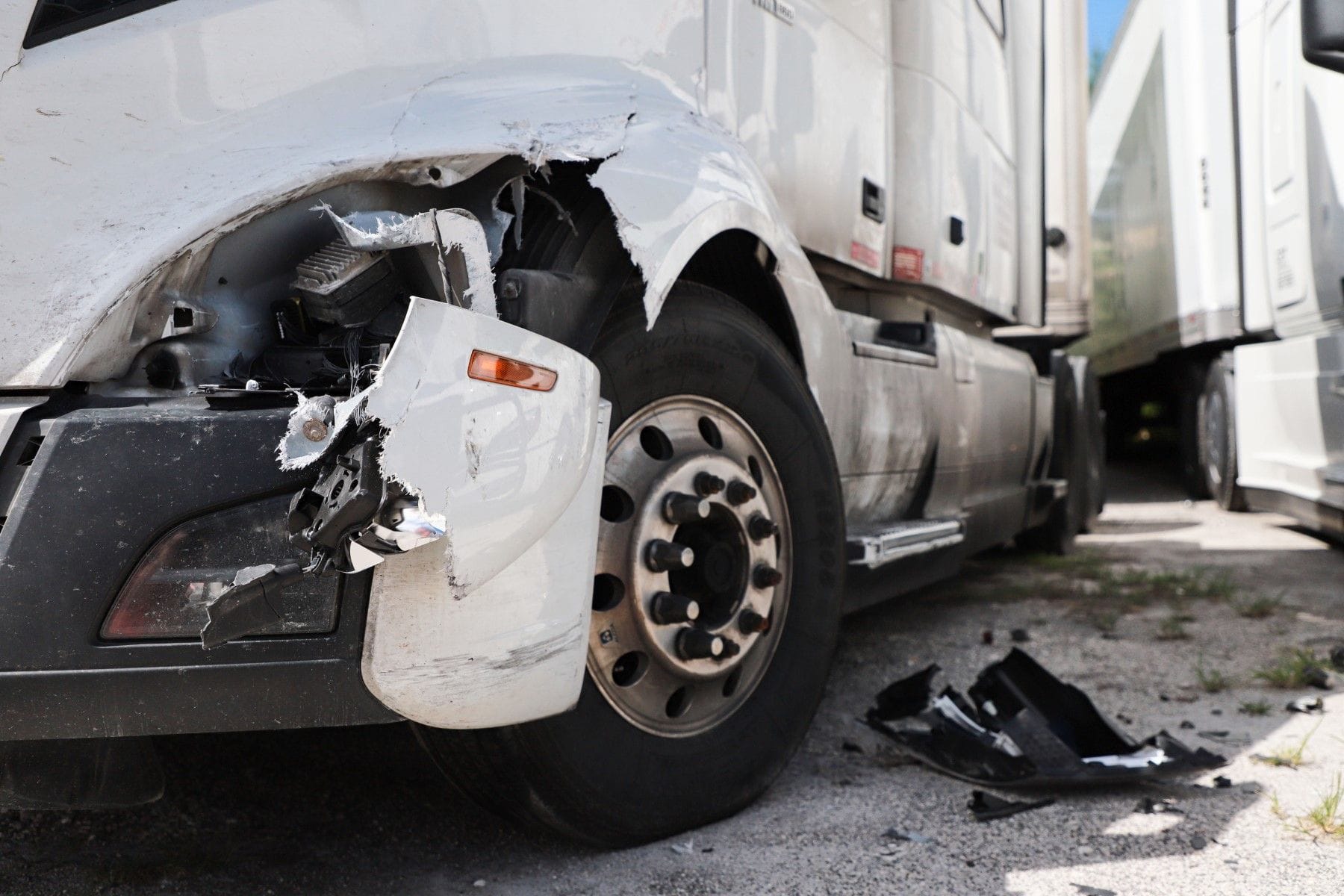Court Reverses $116M Verdict in Fatal Truck Crash Case
A high-profile Texas crash case ends with a Supreme Court ruling that redefines liability standards in severe weather-related vehicle accidents.
Updated on
In a tragic 2014 crash on a Texas interstate, a pickup truck lost control on icy roads, crossed a median, and collided with a Werner Enterprises 18-wheeler. The accident resulted in the death of a seven-year-old and left a twelve-year-old paralyzed. The pickup, driven by Trey Salinas, was carrying Jennifer Blake and her family. A Houston jury later awarded the Blake family over $116 million, citing Werner’s driver Shiraz Ali for traveling at a speed deemed unsafe for the conditions, despite being below the posted limit.
The Texas Supreme Court’s Ruling
On June 28, 2025, the Texas Supreme Court overturned the verdict, holding that Werner's driver was not legally responsible. Chief Justice Jimmy Blacklock, writing for the majority, stated that liability cannot be imposed solely because the driver’s conduct created the conditions for the accident.
“That singular and robustly explanatory fact fully explains why the accident happened and who is responsible for the resulting injuries,” Blacklock wrote, referring to Salinas’ loss of control and the vehicle's median crossing. The court emphasized that the proximate cause of the injuries was not the truck driver’s speed but the pickup’s failure.
Justice Blacklock added, “Proximate cause is not established merely by proof that the injury would not have happened if not for the defendant's negligence.” Accordingly, the court ruled that Werner and Ali bore no legal liability under Texas tort principles.
Dissenting Views and Legal Debate
Justice Jane Bland, joined by Justices Jeff Boyd and Rebeca Aizpuru Huddle, dissented, arguing that ice on the roadway and the unsafe speed by the Werner driver should have gone to the jury. Bland wrote, “The trial court did not err in permitting the jury to decide whether the Blakes had proved that Ali was negligent in the circumstances presented.”
The dissent maintained that some evidence supported the claim that Ali’s speed, although legal, contributed to the severity of the injuries, and thus warranted jury consideration of his proportionate responsibility.
Justice Evan A. Young concurred with the majority but raised concerns regarding the court of appeals’ discussion on the “admission rule.” He cautioned against undermining that rule through speculative gross negligence claims, warning that if a gross negligence claim later proves unfounded, the trial court may need to retry the case based solely on that issue.
The Legal Teams Involved
Werner Enterprises was represented by attorneys from both Wright Close & Barger LLP and Baker Botts LLP, including Thomas C. Wright, Eva M. Guzman, and Thomas R. Phillips. Jennifer Blake was represented by The Law Office of Darrin Walker, Penn Law Firm PC, and Haynes Boone.
What’s Next?
Following seven years of litigation and appeals, this decision marks a significant legal win for Werner. In a statement, Nathan Meisgeier, Werner’s president and chief legal officer, said, “This is a long-awaited win for Werner… we are thankful the Texas Supreme Court reached the same conclusion as law enforcement — that the Werner drivers and our company did nothing wrong.”
This ruling could reshape future litigation involving commercial vehicle liability in unpredictable weather conditions. While Blake’s legal team has not issued a public response, the decision underscores the high evidentiary standard plaintiffs must meet to link a defendant’s negligence to proximate cause in catastrophic accidents.


